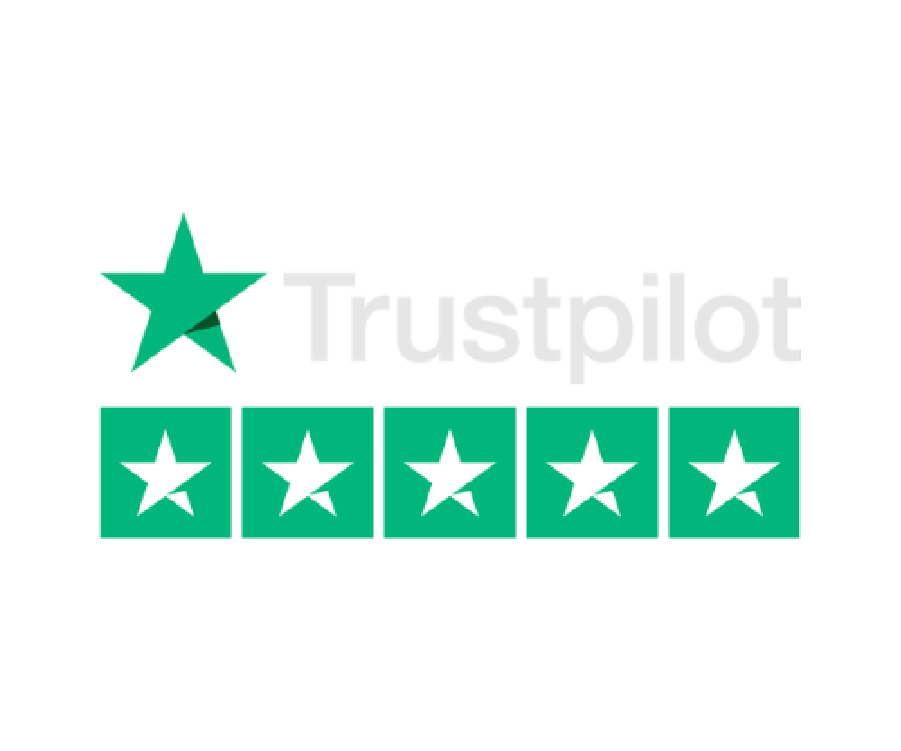Term: Facebook Pixel
Definition: A small piece of code provided by Facebook to track user behaviour on a website and measure the effectiveness of Facebook ads.
Alternative Names: FB Pixel, Facebook Tracking Pixel
Expanded explanation: The Facebook Pixel is a piece of JavaScript code that website owners can add to their websites. It allows them to track user actions on their site, such as page views, conversions, and leads. These actions, known as events, help businesses understand how users are interacting with their site and tailor their Facebook advertising campaigns accordingly.
Benefits or importance:
- Improved ad targeting and personalisation
- Measurement of ad performance and conversion tracking
- Optimisation of ad campaigns to reach the right audience
- Retargeting website visitors with relevant ads
Common misconceptions or pitfalls:
- Assuming that installing the pixel is enough, without proper event configuration
- Not using the pixel data to optimise ad campaigns
- Confusing Facebook Pixel with other tracking tools, such as Google Analytics
Use cases:
- Tracking user behaviour to understand which ads drive conversions
- Retargeting users who abandoned their shopping carts
- Optimising ad spend by targeting high-value users
Real-world examples:
- An e-commerce store using the pixel to track product purchases and retarget users with abandoned carts
- A travel agency using the pixel to track bookings and measure the ROI of their Facebook ad campaigns
Best practices or tips:
- Ensure correct installation and configuration of the pixel on your website
- Track relevant events that align with your business goals
- Use the data collected by the pixel to inform and optimise your ad campaigns
- Test different ad creatives and targeting options to improve ad performance
Limitations or considerations:
- Requires proper installation and configuration to be effective
- Data privacy concerns and compliance with regulations such as GDPR
- May not provide a complete view of user behaviour if users block tracking scripts
Comparisons: Compared to Google Analytics, Facebook Pixel focuses on tracking user behaviour related to Facebook advertising, while Google Analytics provides a broader view of website performance and user behaviour across multiple channels.
Historical context or development: The Facebook Pixel was introduced in 2015 as a way for businesses to measure, optimise, and build audiences for their ad campaigns.
Resources for further learning:
- Facebook Pixel: Official Documentation
- Hootsuite: The Beginner’s Guide to Facebook Pixel
- AdEspresso: The Complete Guide to the Facebook Pixel
Related services:
- Social Media Advertising – Drive traffic, leads, and sales through targeted ad campaigns
- Conversion Rate Optimisation – Improve your website’s conversion rate and increase revenue
- Retargeting PPC Ads – Re-engage with potential customers who have shown interest in your products or services
Related terms: Conversion Tracking, Retargeting, Custom Audiences, Lookalike Audiences, Ad Optimisation








